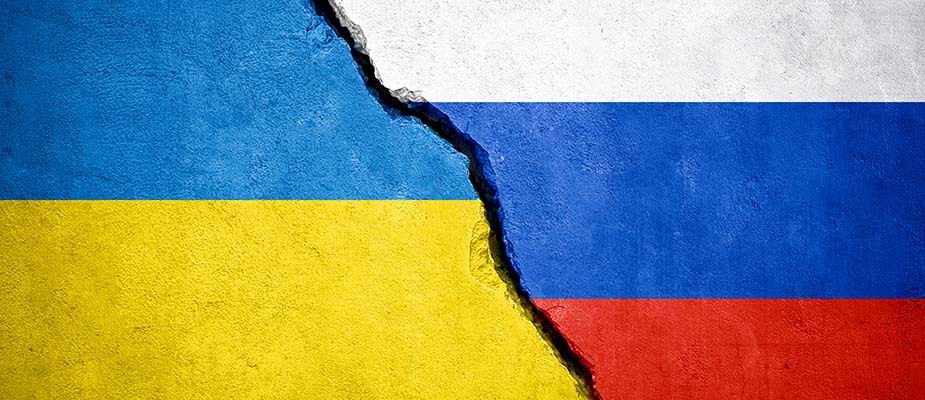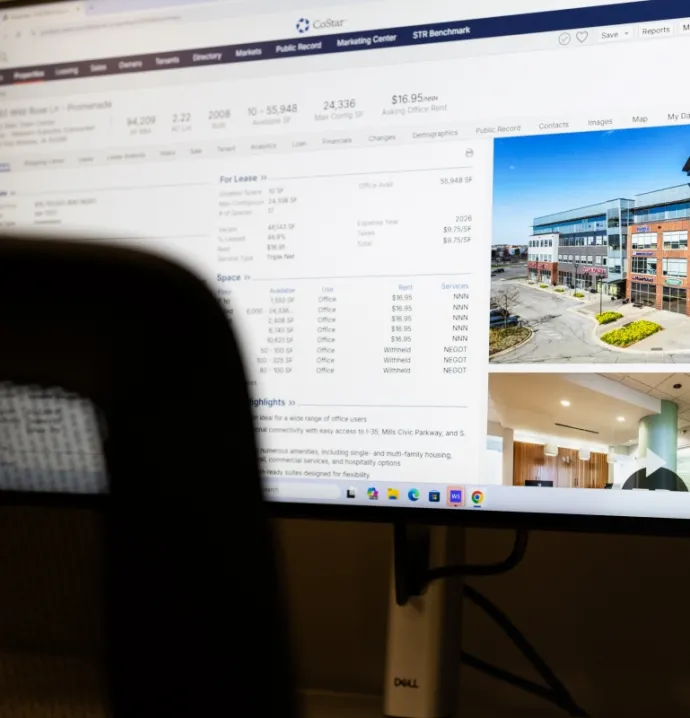What if... We can make something good out of the Russian Ukraine War?
What if... We can make something good out of the Russian Ukraine War?

As I write this column, Russia’s invasion of Ukraine is more than a month old, with no readily available resolution in sight. Unquestionably, the greatest toll is being felt by Ukrainian residents, who are suffering from incessant shelling, forced migration to safer locales, and death. As many have noted already, this presents the rest of the world with humanitarian and moral crises that we must attend to. I certainly acknowledge these concerns, and wish I had something useful to say about them, but I don’t feel qualified to do that.
Instead, I want to focus on another problem (certainly not a crisis, at least for those of us living in the United States with relatively generous incomes). As we all know by now, gasoline prices have risen dramatically since the war began, currently averaging $4.25 per gallon nationwide, with prices approaching $6.00 per gallon on the West coast. Some people blame Russian President Putin for the sudden hike; some blame global markets; some blame US President Biden. We could use this column to argue about the source of the price hike, but again, that is not what I would like to focus on.
Instead, I want to question the call, in many US locales, for reducing gasoline taxes to help offset the rising price of gasoline. At last count at least 22 states were considering some type of suspension. In lieu of repeal, I will argue that we should pass legislation that raises gas taxes, substituting the taxes for the price of actual gasoline, penny for penny, as it drops in the future.
First, let me acknowledge that gasoline taxes are regressive—they harm the poor, by being a much larger portion of their income than for middle and upper income groups. In that limited sense, reducing gas taxes may be the ethical thing to do for that group. But, as some have pointed out, many of the US poor do not own cars, meaning they don’t have to pay gas taxes anyway. If we are truly concerned about the effects of gas taxes on the poor, there are many other, more effective ways of getting money to them, like direct cash transfers, reduction of Social Security taxes below certain income levels, etc.
Before getting into my argument, we should put some numbers to what we will be discussing. Currently, the Federal gasoline tax is $0.184 per gallon, and state taxes range from $0.0895 per gallon in Alaska to $0.586 in Pennsylvania, with an average state gas tax of $0.2915 (for simplicity’s sake, we will talk about gasoline only, excluding diesel and aviation fuels). So, if we use averages, gasoline taxes represent some 11 percent of the current price at the pump. The first point in my argument is that repealing gas taxes allows for only limited relief, just under $0.50 per gallon. That is not nothing, but compared to the increase of well over a dollar in 2022 so far, it doesn’t solve the immediate problem.
Second, most states use gas tax revenues for infrastructure, road building and repair, bridges, and so on. This has the advantage of placing the burden of paying for those roads and bridges on those who use them the most. If gasoline taxes were to be repealed, it would sever that connection between use and payment. As widely known in the US, our physical infrastructure is crumbling. At some point we will have to repair or rebuild it. With no gas tax, that cost would have to come out of general tax revenues, forcing everyone to pay, regardless of how much, or how little, they use it.
My most important argument against lowering or eliminating gas taxes is that we should begin to think of them as “sin taxes,” similar to those imposed on tobacco and alcohol. Sin taxes play a dual purpose—to deter people from socially undesirable behaviors and raise money for government functions. Because pollution from transportation creates nearly 30 percent of US greenhouse gas emissions (the largest single source), it is obvious that we need to pay attention to reducing its impact. By leaving current gas taxes in place (what we really should do is increase them, immediately and substantially, but that is probably politically untenable) we can potentially reduce some of the driving and subsequent emissions.
I am sure my proposal, on its face, will not be wildly popular. However, I’d like to go even further with it. We should leave current gas taxes in place, and when the market price (the actual price of the gasoline, not including taxes) falls, we should automatically raise gas taxes by an equal amount. Thus, we would be utilizing the recent price hikes (whether caused by Putin, Biden, Arab sheiks, or little green men) to raise gas taxes. Those taxes could be used for infrastructure repair, but should be used to combat climate change.
In his book How Good People Make Tough Choices, Rushworth Kidder says there are four prototypical types of ethical dilemmas (what he calls a right versus right choice), one of which is short-term versus long-term. We are often faced with choices between doing something that is “right” for the short term (his example is spending quality time with our children) versus doing another thing that is “right” for the long term—in his illustration, getting a graduate degree to solidify the family’s economic future. The current focus on gasoline taxes represents just such a short-term versus long-term dilemma. Yes, it would be right to help alleviate some of the economic distress caused by rising gas prices; yes, it would be right to raise gas taxes to combat climate change. My stance is that the long-term right in this case (imposing higher taxes to help combat climate change) is more right than lowering gas prices in the short term to help people afford it. If we can’t afford gas for our cars, we can take public transportation, arrange car pools, or even (gasp!) walk. There’s not much any of us can do if we don’t have a planet capable of supporting human life.
I suggest that we take advantage of the opportunity (yes, opportunity) presented by the rising gas prices. Consumers will adjust to that new reality—I have heard many news commentators opine that they will gladly pay higher gas prices if it means cutting off a vital source of revenue to Russia—and when prices come back down, we should hold prices steady by raising gas taxes, and use the extra revenue to fight climate change.
The views and opinions expressed are those of the author and do not imply endorsement by the University of Northern Iowa.




